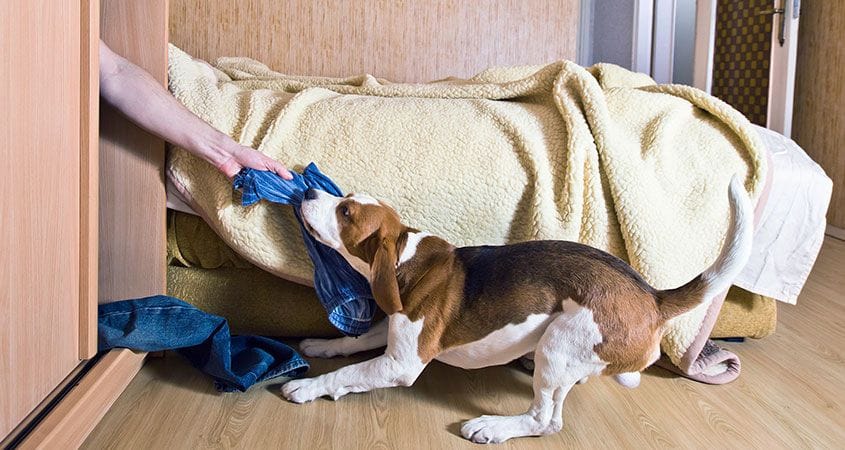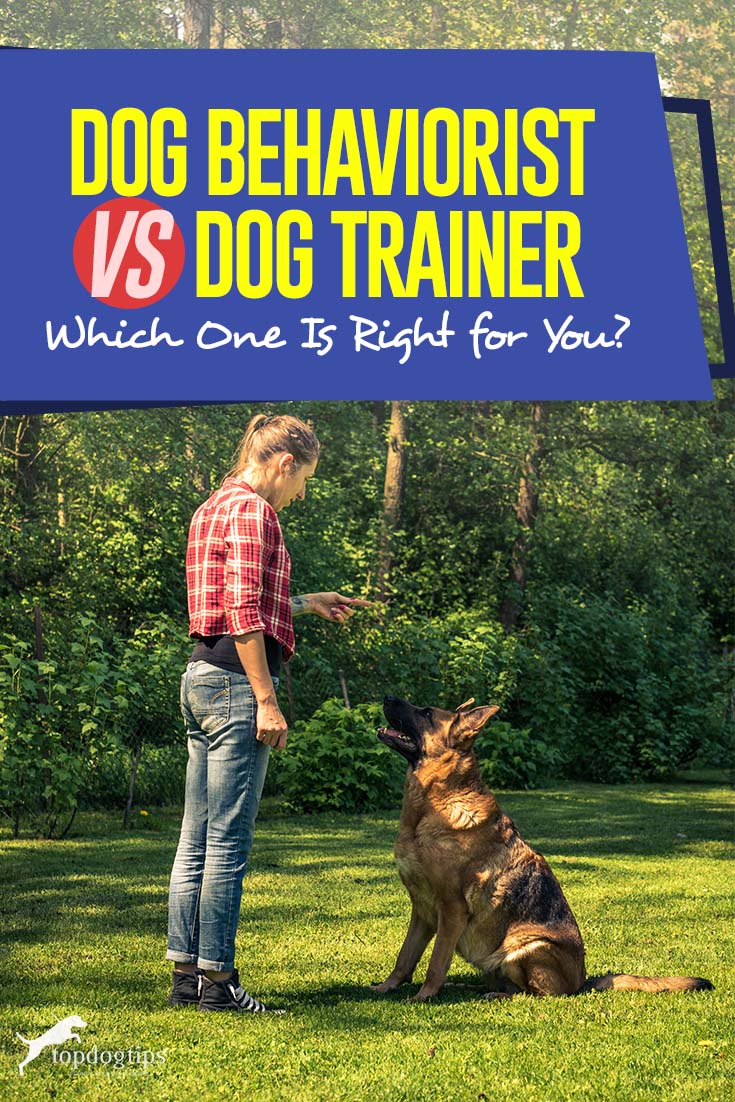
New York City dog training can be a good investment. These classes are educational and fun and offer many training options. You can make a personalized curriculum for your pet. If you're interested in learning more, you can also attend a group class. NYC offers many different types of schools. These include daycares, reform schools and private dog runs. Here are some great places to register your dog. Find out more about NYC dog schools.
Dog School NYC provides both at-home and group training using clicker training. Their classes are gentle and effective, and they teach your puppy how to handle the chaotic city. The trainers are ASPCA-certified and have worked with the two largest animal shelters in the city. In addition to offering at-home training, they offer group classes for puppies and adults. Contact them by email or via their website.

Brooklyn Dog School offers a variety of programs. The classes are structured to build a relationship between owner and pup. They have both board and training and day school options. Many programs offer assistance for dogs with anxiety. They offer individualized attention and a holistic approach when training dogs. They specialize in working with puppies suffering from separation anxiety and other behavioral issues. They can also help owners overcome their social anxiety by offering puppy kindergarten.
Wag The Dog, a NYC dog training center that is highly respected, offers a wide range of training programs. Their experts work closely with the AC&C (an animal shelter in the heart of NYC) and the ASPCA. For this reason, you should be sure to visit a dog school before enrolling your pup. You can visit their facility in person and observe a class firsthand. You can ask your puppy to go ahead and enroll.
School for Dogs is another NYC dog training center. This place, located between Avenue A & B, is highly recommended by local veterinarians. It has also been featured on NPR and the Wall Street Journal. Annie Grossman, the owner of this place, is a well known trainer with many decades of experience in training animals. Her work in dog behavior has been honored by the New York City Transit Authority. The following are some recommendations for NYC dog trainers:

Kate is one the most experienced dog trainers around. She is also the owner of Upper West Side Dog Training Facility. Her experience in dog training spans over 20 years. She is an expert in working with dogs, and can answer questions about training your puppy. Whatever your learning style, she will be an excellent resource to you and for your dog. And since she specializes in private training, you can be sure that she will give your puppy the attention it needs.
FAQ
How do I find out if my dog has fleas
There are fleas that can cause your pet to scratch at its hair, lick itself too often, or look dull and untidy.
Flea infestations may also be indicated if your pet is experiencing redness.
Take your pet to the veterinarian as soon as you can for treatment.
What should you do if your dog bites someone else?
If you are attacked by an animal, firstly try to make sure that it is not rabid. If that is not possible, get help. You could be seriously hurt if you try to manage the situation yourself.
If the pet is not aggressive but bites, it should be taken to a veterinary hospital. Your vet will examine it and advise whether further treatment is needed.
Most cases will require rabies shots. However, you should never administer these yourself. Only a qualified person should do so.
How much money should I spend on a pet?
It is a good rule to budget between $200 and $300 per month.
This can vary depending on where one lives. In New York City for instance, the average monthly spending would be $350.
In rural areas you may only have to spend around $100 per monthly.
It is crucial to remember that quality products such as collars and leashes are important.
It is worth considering purchasing a crate to protect your pet. This will keep your pet safe when he is being transported.
What should I do?
Your personality will determine the answer to this question. Some people prefer kittens to puppies.
In general, however puppies are more active, playful, and social than cats. Kittens often sleep a lot and can be very gentle.
Both types of animals require lots of attention from their owners. They will get older quickly and need to be taken care of.
They will also require regular medical checkups. So, you'll need to spend time taking them to the vet.
How often do I need to groom my dog every day?
Grooming your dog is important. It will keep your dog's coat healthy and clean.
You should brush your dog at least twice per week. You should brush him after each meal.
Brushing your dog's fur will remove loose hair and dirt. Brushing his teeth can make him look younger.
And brushing his ears will help prevent ear infections.
Should I spay/neuter/neuter a dog?
Yes! It is vital to spay/neuter your dog.
It does not only decrease the number unwanted puppies, but also reduces the likelihood of certain diseases.
There is, for instance, a greater chance of breast cancer in female dogs that in male dogs.
Males are at greater risk for testicular cancer than their female counterparts.
Your pet's spaying and neutering will also stop her having babies.
Statistics
- For example, if your policy has a 90% reimbursement rate and you've already met your deductible, your insurer would pay you 90% of the amount you paid the vet, as long as you're still below the coverage limits of your policy. (usnews.com)
- Monthly costs are for a one-year-old female mixed-breed dog and an under one-year-old male domestic shorthair cat, respectively, in excellent health residing in Texas, with a $500 annual deductible, $5,000 annual benefit limit, and 90% reimbursement rate. (usnews.com)
- Here's a sobering reality: when you add up vaccinations, health exams, heartworm medications, litter, collars and leashes, food, and grooming, you can expect a bill of at least $1,000 a year, according to SSPCA. (bustle.com)
- A 5% affiliation discount may apply to individuals who belong to select military, law enforcement, and service animal training organizations that have a relationship with Nationwide. (usnews.com)
- Pet insurance helps pay for your pet's medical care, with many policies covering up to 90 percent of your vet bills. (money.com)
External Links
How To
The best way to teach a dog where he should go to urinate
Teaching your pet to use the bathroom correctly is crucial. It's important to learn how to train them to use the toilet properly if your dog starts to venture outside. Here are some tips that will help you teach your dog the correct way to go to the bathroom.
-
Training should be started early. Get started now to prevent accidents during playtime
-
Use food rewards. Reward your pet for every successful trip to the toilet.
-
Keep treats out of the areas where your pooch pees. This could cause him to associate the smell of urine with his favorite treat.
-
Before letting your dog out, be sure to make sure there isn’t any other animal nearby. Dogs who see others relieving themselves may think it's normal behavior.
-
Be patient. Your puppy might take a bit longer to figure things out than a fully grown adult.
-
Before you let your dog go to the bathroom, let her sniff everything. She will be more successful if she is able to smell the toilet before entering.
-
While you are taking care of business, don't allow your dog to stand near the toilet. This could cause confusion.
-
After you are done, clean the toilet seat and the area around it. These areas will be a reminder of what you should do in the future.
-
You must immediately clean up any mess. If your dog has an accident, clean it up quickly and thoroughly. Otherwise, he might make a second attempt at relieving himself.